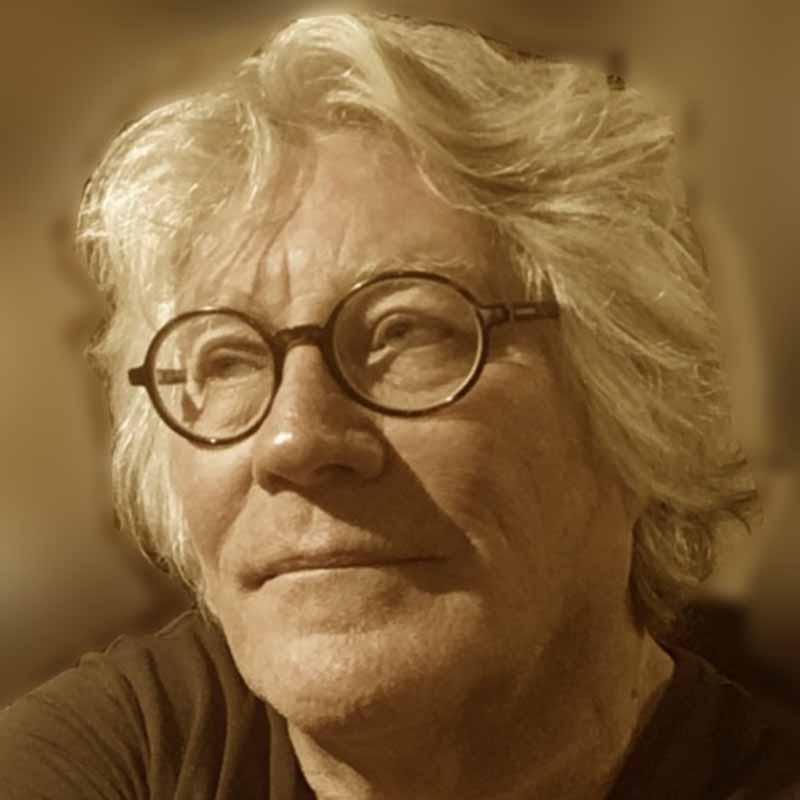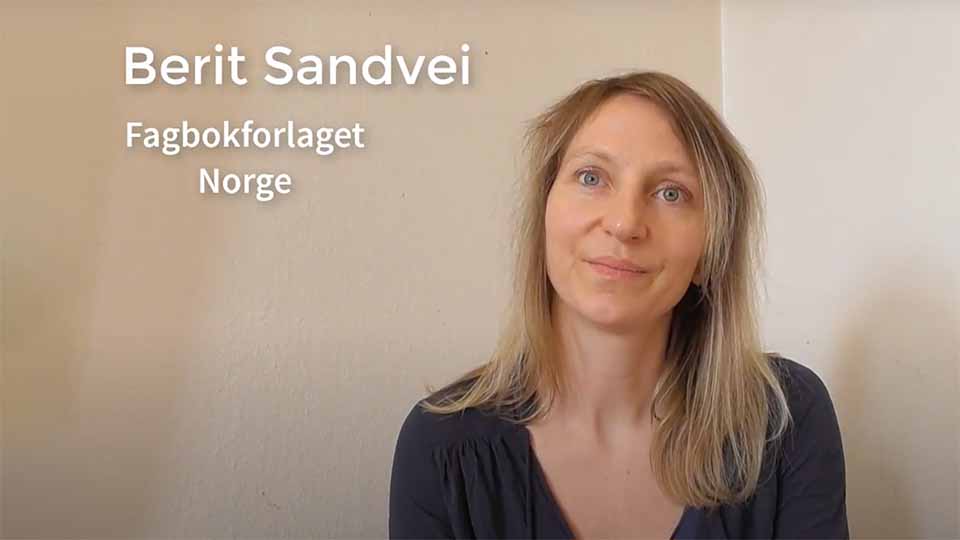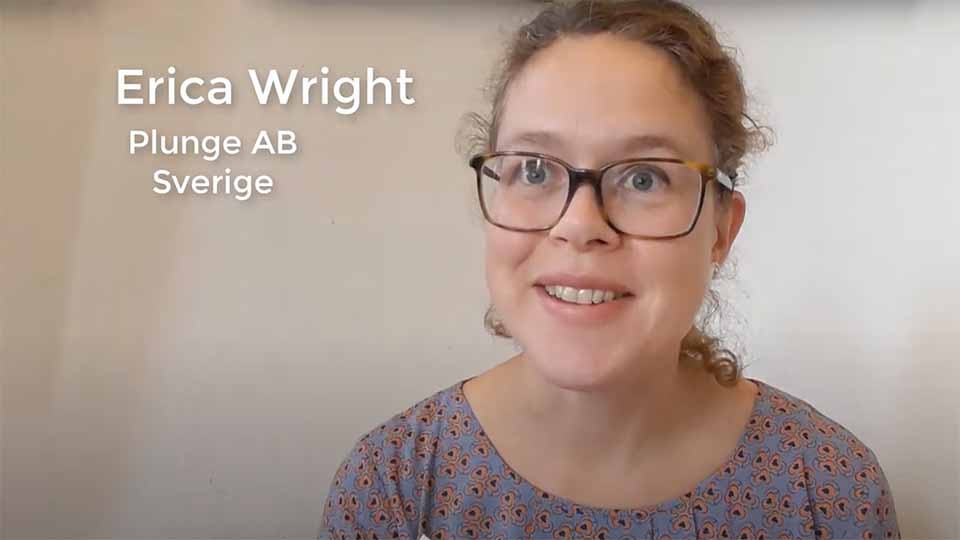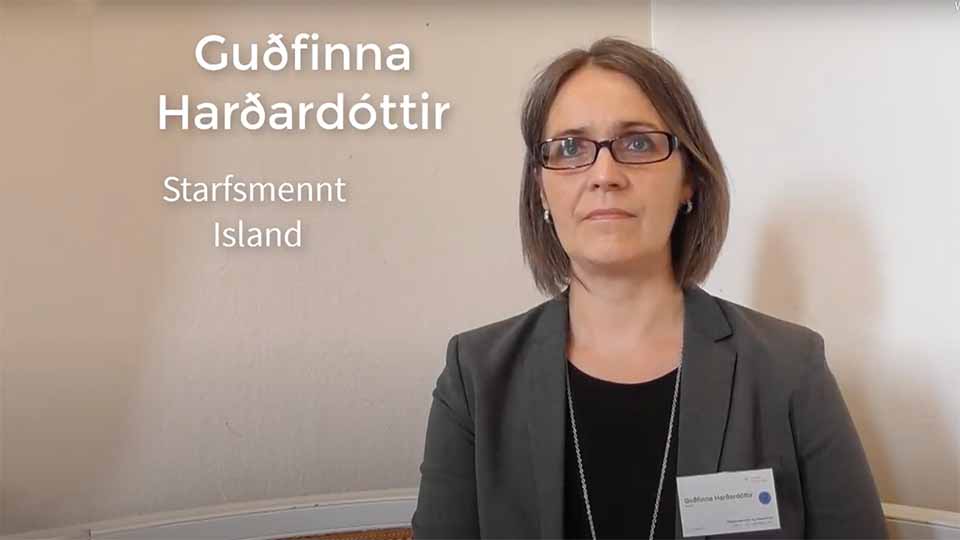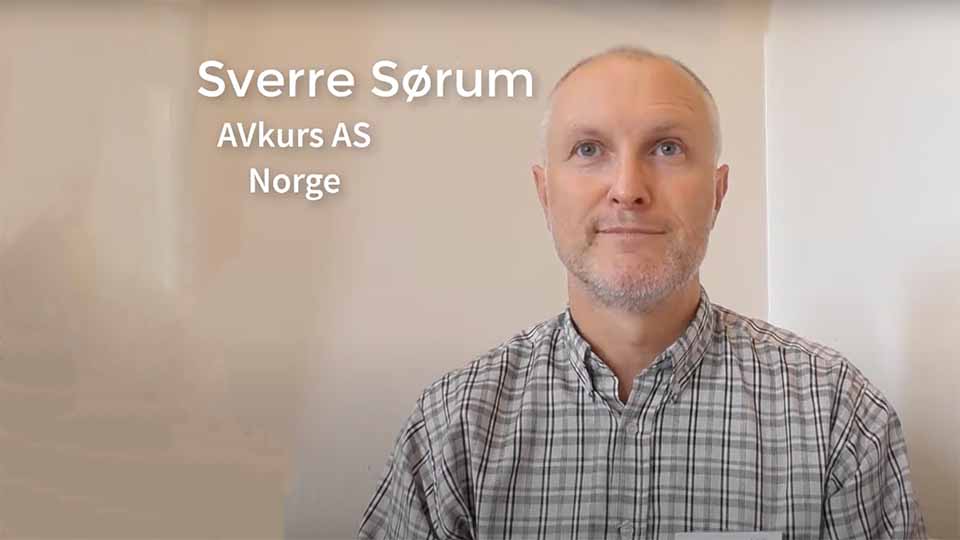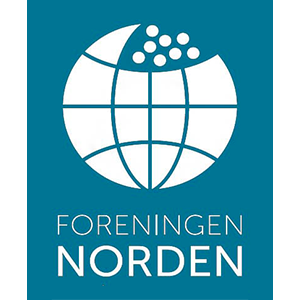

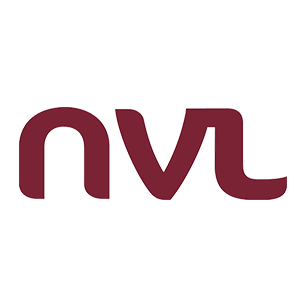
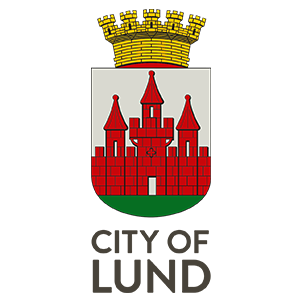
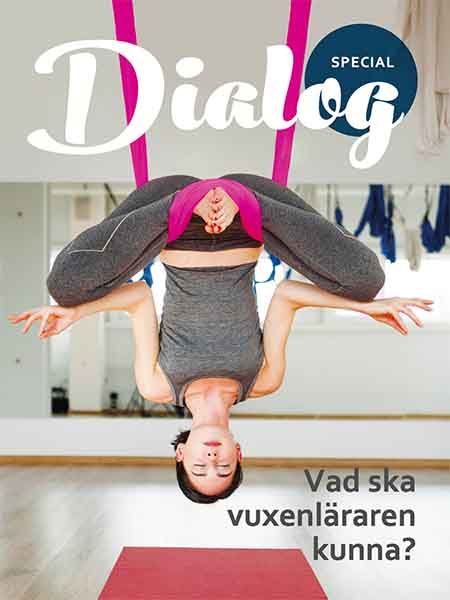
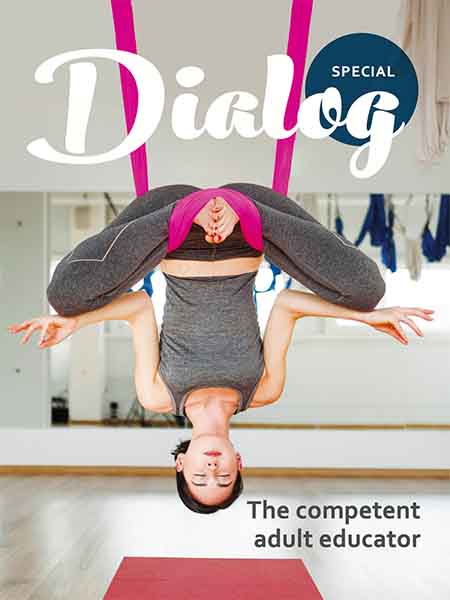
Flere, både nordiske og europæiske undersøgelser, har peget på ”voksenlærerens” særlige betydning for kvalitet i voksenuddannelse.
Nordisk ministerråd har gennem NVL og Nordplus voksen i flere år støttet forskellige projekter med henblik på at fremme voksenlærerens kompetencer.
Formålet med denne konference er at fortsætte dette arbejde gennem et nordisk møde. hvor deltagerne
- Udveksler og perspektiverer eksisterende nordiske projekterfaringer og resultater fra henholdsvis projekter og netværk i Ministerrådets regi, NVL og Nordplus omkring temaet ”Kompetenceudvikling af de, der arbejder med voksnes læreprocesser”
- Skaber et samlet billede af eksisterende behov for kompetenceudvikling af de, der planlægger, tilrettelægger og gennemfører voksenuddannelse i forskellige sammenhænge, bl.a. på offentlige og private arbejdspladser, i formel almen og erhvervsrettet voksenuddannelse, i folkeoplysning og den frivillige sektor.
- Giver anbefalinger og nye ideer til videre arbejde med at kvalificere kompetenceudviklingen af de, der arbejde med voksnes læreprocesser.
The aims of the conference
How do we bring about the best competence development for Nordic adult educators? What competences are needed?
Intervju med deltakere på konferansen
NVL intervjuet 5 deltakere på konferansen i Lund. Berit Sandvei fra Norge, Erica Wright fra Sverige, Guðfinna Harðardóttir fra Island, Sverre Sørum fra Norge og Veronica Lutas fra Sverige uttrykker i korte intervjuer sine synspunkter om konferansen.
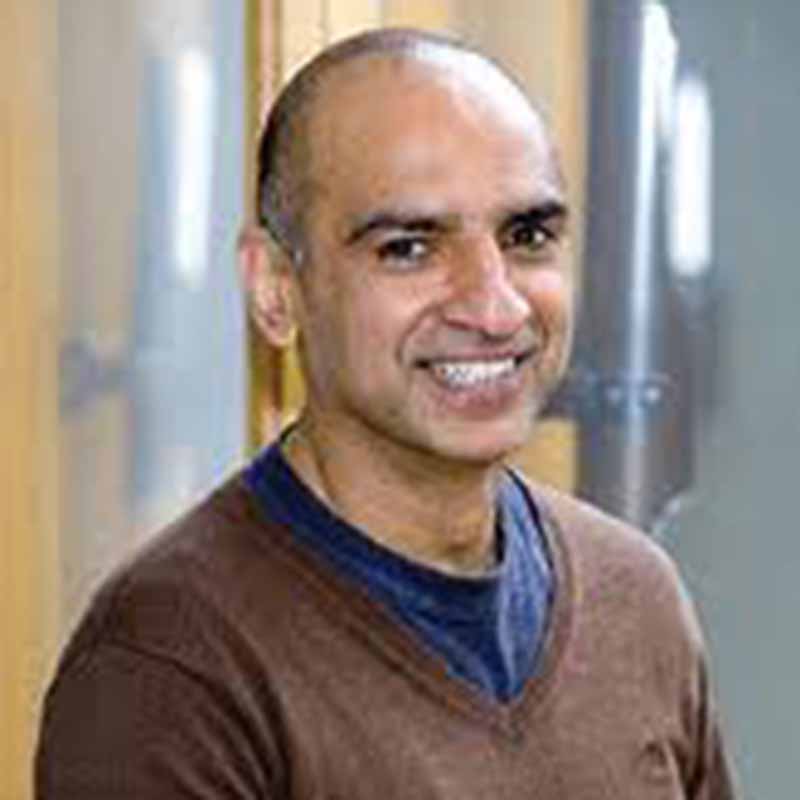
Monder Ram
Professor of Small Business at University of Birmingham, Director of Centre for Research in Ethnic Minority Entrepreneurs SUPERDIVERSITY, ENTREPRENEURSHIP AND COMPETENCE DEVELOPMENT Virtually every major metropolitan area in Europe is experiencing what some scholars have termed ‘superdiversity’. That is, they are witnessing the arrival of immigrants from a variety of locations throughout the globe, and they come in a myriad of legal, occupational and social guises, driven by a variety of motives. Many turn to self-employment because of there competences qualifications and experiences are not recognised by ‘mainstream’ employers. My presentation examines the experiences of ‘superdiverse’ migrant entrepreneurs and reflects on the implications for business support professionals and educators.
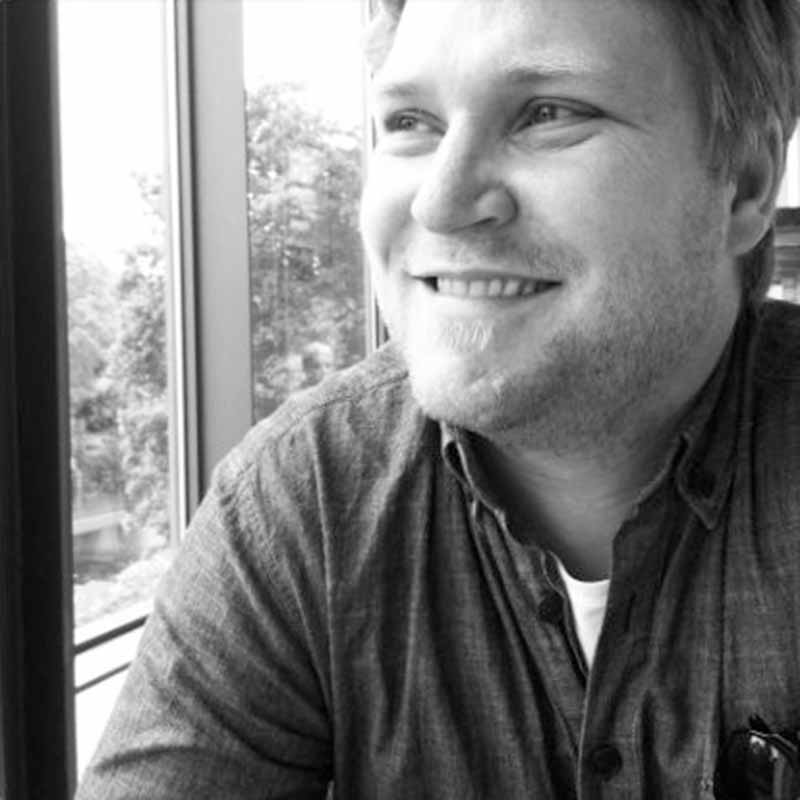
Jonas Sprogø
MA (adult education) og PhD, ejer af ”Bedre Praksis”. Dette oplæg tager afsæt i rapporten Voksenlærerens kompetencer og kompetenceudvikling, der kortlægger voksenlærerens eget syn på kompetencebehov. Undersøgelsen resulterer blandt andet i en række centrale spørgsmål, som med fordel kan overvejes og diskuteres i forhold til, om der er behov for en fælles nordisk voksenlæreruddannelse. Som en del af oplægget vil der være en faciliteret proces, hvor spørgsmålene fra rapporten vil blive bragt i spil blandt deltagerne. Presentation DK EN


Susanne Gottlieb
Leder og lektor emerita, Professionshøjskolen Metropol, forskningsassistent DPU/AU
Facilitator av paneldebat

Isabella Enbågen
Utredningssekreterare på Regeringskansliet, Sverige
Jag arbetar just nu med en statlig offentlig utredning (SOU) om vuxenutbildning som ska överlämnas till den svenska regeringen nästa höst. Utredningen som tagit namnet Komvuxutredningen, handlar om ett stort antal frågor kring hur vuxenutbildningen ska kunna utformas för att möta dagens och morgondagens krav från omvärlden. Bland annat undersöker utredningen kompetensbehov hos lärare inom vuxenutbildningen. Tidigare har jag bland annat arbetat som politiskt sakkunnig till gymnasie- och kunskapslyftsministern Aida Hadzialic, med speciellt fokus på vuxenutbildningen.
I am currently working at an Official Report of the Swedish Government on adult education with end date August 2018. Me and my collegues are set up to suggest changes in the Swedish adult education about a wast aray of questions regarding everything from the adult education for the intellectually challenged and if it should be a part of the ordinary adult education to the priority order in the selection to adult education and (what´s maybe most interesting regarding the conference theme) the need for supplementary training for teachers working in the adult education in Sweden. Before this I worked as a political advisor for the Minister for Upper Secondary School and Adult Education and Training (Aida Hadzialic).
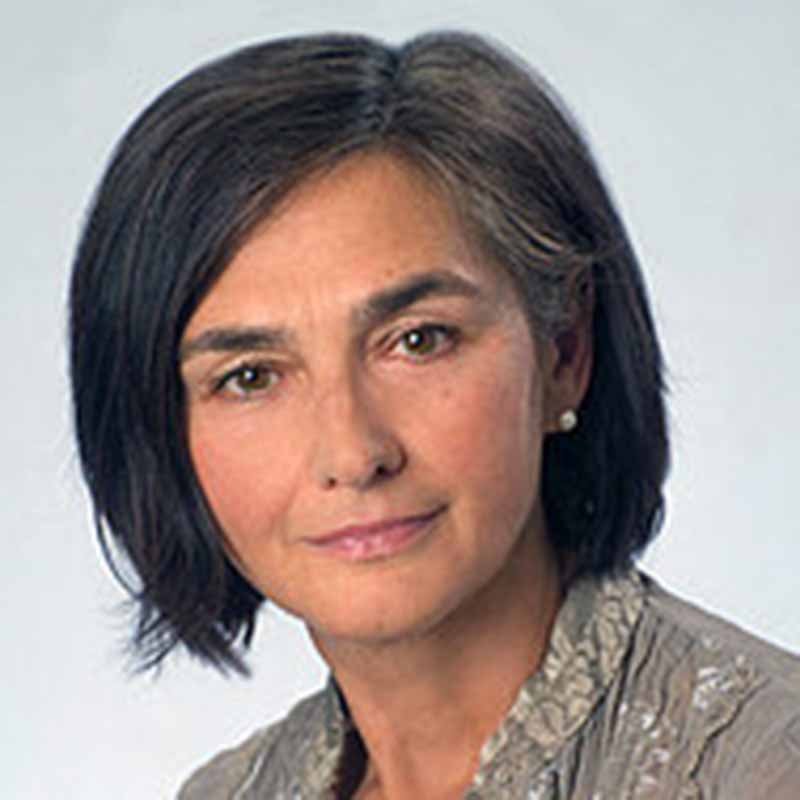
Larissa Jōgi
Ass. Professor at Tallinn University. Tallinn University is an advocate and planner of intelligent lifestyle in Estonia, supporting the sustainability of Estonian society as well as individual self-realisation. Jõgi has been active in the Nordic – Baltic adult education cooperation and fostered the professional development of adult educators in Estonia for many years. You will find curriculum theory, teaching methodology and educational evaluation among her fields of expertise.
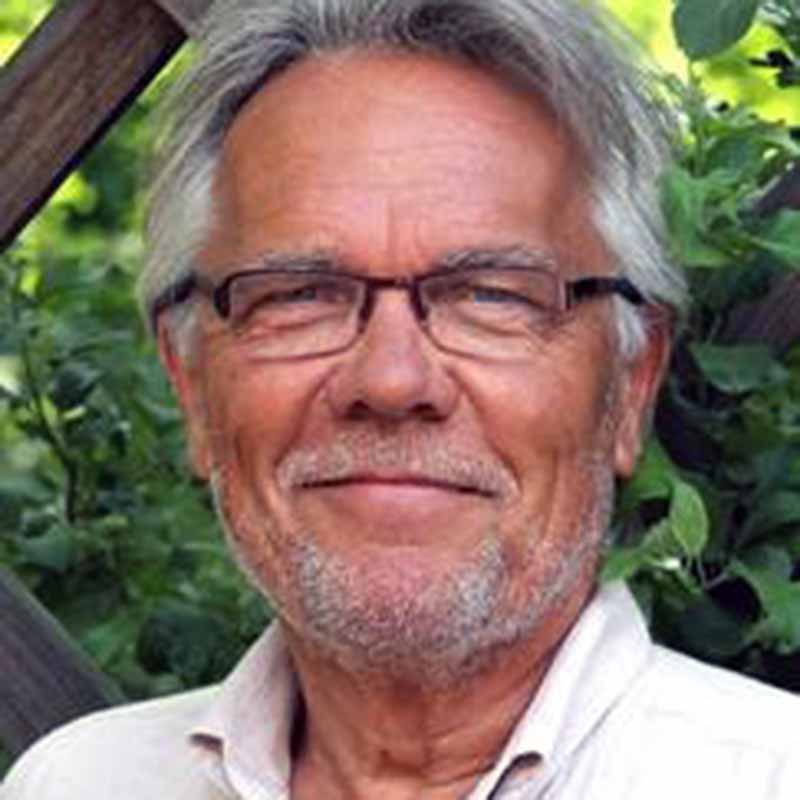
Sturla Bjerkaker
Bjerkaker LearningLab, Oslo Universitet
Sturla Bjerkaker is an expert in adult education with a long lasting leadership experience in non-formal adult education and development of the civil sector. His work has influenced adult learning and education at national and international levels. As the Secretary General of the Norwegian Association for Adult Learning Sturla has been responsible for policy work, strategic planning and networking. Bjerkaker has been active in the advocacy work through the International Council for Adult Education (ICAE).
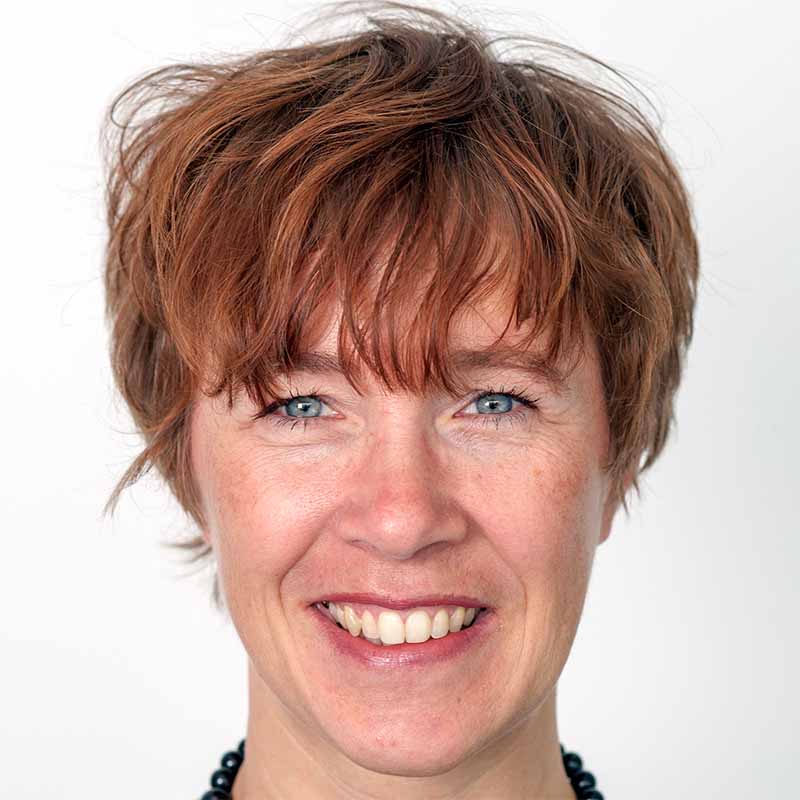
Jenny Hostetter
Sfi-lærer og projektleder på
Pedagogiskt Centrum, GR Uddannelse
Workshops
Hver workshop har et antall plasser/«billetter». Ved ankomst til konferansen tar deltakerne «billett» til den valgte workshop. Valget står om følgende 5 workshops:
Each workshop has a limited number of places. Upon arrival at the conference, participants will take a “ticket” for the chosen workshop. You will be able to choose among 5 different workshops:
Workshop 1
En mangfoldig interkulturel kontekst
Vi byder velkommen til en aktiverende workshop, hvor vi vil diskutere og arbejde sammen om følgende udfordringer:
- Interkulturel kommunikation og nødvendige kompetencer for voksenlæreren:Hvilke former for interkulturelle og kommunikative kompetencer kræves af voksenlæren for at kunne agere i en forskelligartet og mangfoldig kontekst? Hvordan kan voksenlærerens interkulturelle pædagogiske kompetencer forbedres?
- Organisatoriske udfordringer: Hvordan kan det organisatoriske og politiske systemniveau understøtte voksenlæreren i at forstå og tage højde for de voksnes identitet og tidligere uddannelseserfaringer fra deres hjemlande?
- Didaktiske udfordringer: Hvordan kan voksenlæreren understøtte integrationen af de nyankommne i samfundet gennem de forskellige fag, de underviser? Hvad betyder en interkulturel tilgang og hvordan kan voksenlæreren håndtere multikulturalisme i praksis?
- Inklusion af nyankomne i arbejdsliv: Hvilke kompetencer kræves af nyankomne for at blive ansat? Hvordan kan voksenlærere og ledere forbedre inklusion i interkulturelle teams og grupper?
Deltagerne vil diskutere nogle af de temaer, der er indført i præsentationer samt reflektere over deres forståelse af voksne pædagoger kompetencer og kompetenceudvikling.
The adult educator in a multiple and intercultural context
Join a participating workshop, where we discuss and work together on the following challenges:
- Intercultural communication and necessary competences for the adult educator: What kinds of intercultural and communicative competences are required of the adult educators to act in a diverse and manifold context? How may the adult educators’ competences to use intercultural pedagogics be improved?
- Organizational challenges: How can the organizational and political system level support the adult educators to understand and take into consideration the identity of learners and previous school experiences from their home countries?
- Didactic challenges: How can the adult educator support integration of newly arrived into the new society through the different subjects they teach? What does it mean to have an intercultural approach and how can the adult educator deal with multiculturalism in practice?
- Inclusion of newcomers in working life: What competences are required of newcomers to be employed? How can adult educators and leaders improve inclusion in intercultural teams and groups?
Participants will discuss some of the themes introduced in these introductions in groups and in the plenum as well as pondering their meaning for adult educator competencies and their development.

Laid Bouakaz
Lektor, PhD, interkulturel uddannelse fra Malmø
Associate Professor, PhD. in intercultural education from Malmö
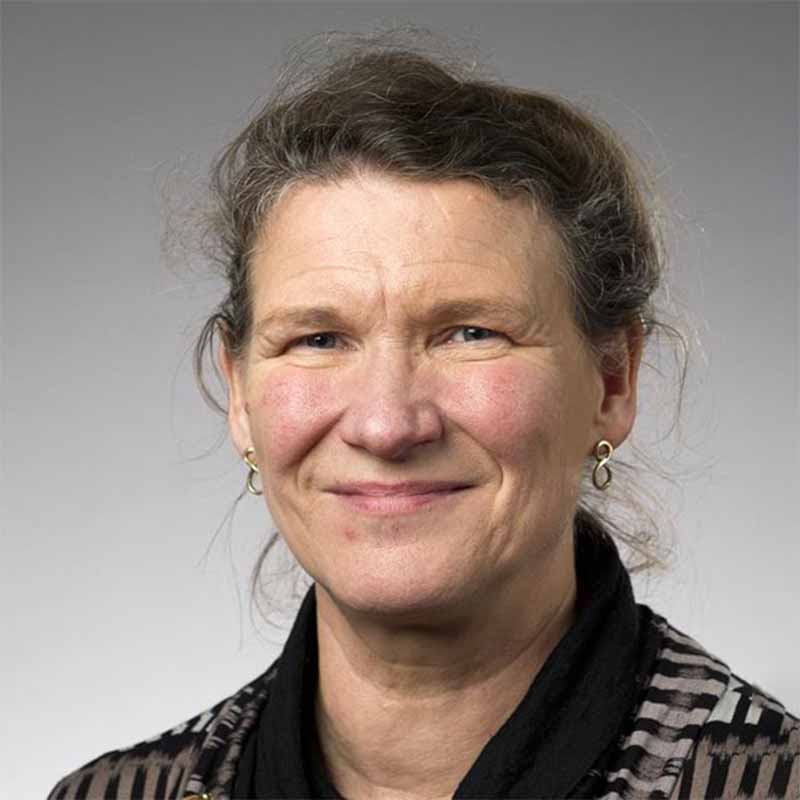
Karen Lund
Lektor, PhD, interkulturel uddannelse og dansk som andetsprog, Aarhus Universitet
Associate Professor, PhD, intercultural education and Danish as a second language, Aarhus University
Presentation DK
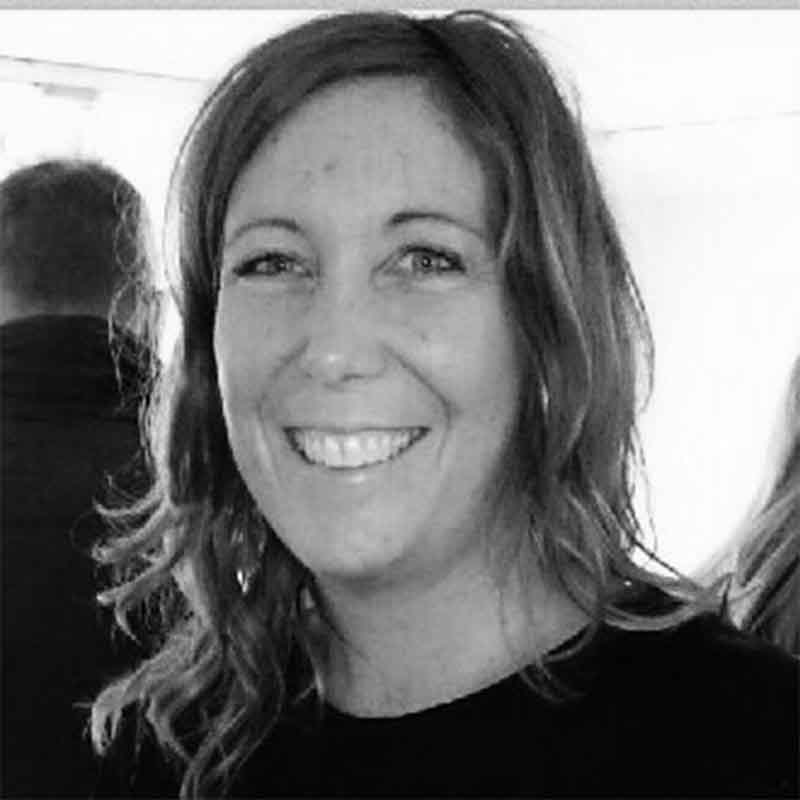
Jenny Lennhammar
Enhetschef Integrationsenheten Region Gotland, og leder af et multikulturelt team vil facilitere workshoppen.
Head of the region center of integration, Region Gotland and a leader of a multicultural team will facilitate the workshop.
Workshop 2
Digital læring og fleksible læringsformer
Digitale medier er blevet en integreret del af vores dagligdag. I nogle sociale grupper optager sociale medier folks opmærksomhed hele dagen og tilbyder adgang til endeløse informationsstrømme – ønskede eller uønskede. Andre føler sig udfordret af de krav samfundet stiller til dem, hvor flere og flere offentlige tjenesteydelser kan kun tilgås via digitale kanaler. For voksenlæreren kan dette føre til ændringer i deres muligheder, opgaver og vigtigst at alt: roller.
I denne workshop vil vi drøfte nogle af de muligheder og udfordringer fremskridt i digitale medier voksenlæreren stilles overfor. Nogle af de centrale spørgsmål, vi vil adressere, er: Hvad betyder de nye digital mediers muligheder for voksenlærerens kompetencer i forhold til at udvikle, organisere og levere undervisningsmaterialer? Hvilke interpersonelle kompetencer kræves, når en voksenlærer påtager sig rollen som en leder for en gruppe af elever, der samarbejder online, på deltid eller fuld tid? Hvilken rolle har voksenlæreren i at fremme, udvikle og understøtte af moderne digitale kompetencer og literære færdigheder blandt voksne? Hvilken betydning har det for den faglige udvikling af voksenlæreren? Hvilken betydning har det for de institutioner, som ansætter voksenundervisere?
Deltagerne vil diskutere nogle af de temaer, der er indført i præsentationer samt reflektere over deres forståelse af voksne pædagoger kompetencer og kompetenceudvikling.
Digital learning and flexible learning forms
Digital media has become an integral part of our daily lives. In some social groups social media take up peoples’ attention throughout the day, offering access to endless streams of information, wanted or unwanted. Others feel challenged by the demands society puts on them, where more and more public services can only be accessed through digital channels. For the adult educator this can lead to changes in their possibilities, tasks and most importantly: roles.
In this workshop we will address some of the opportunities and challenges these advances in digital media pose to adult educators. Some of the core questions we will address are: What do new possibilities offered by digital media mean for the competences of the adult educator in creating, curating and delivering learning materials for learners? What interpersonal competences are required when an adult educator takes on the role of a leader for a group of learners who collaborate online part time or full time? What is the role of adult educators in promoting, developing and fostering modern digital competencies and literacies among adult learners? What does this mean for the professional development of the adult educator? What does it mean for institutions who hire adult educators?
Participants will discuss some of the themes introduced in these introductions in groups and in the plenum as well as pondering their meaning for adult educator competencies and their development.
To start off our discussions we will have the following short introductions by members of the NVL – DISTANS network:
Material and photos from the discussions
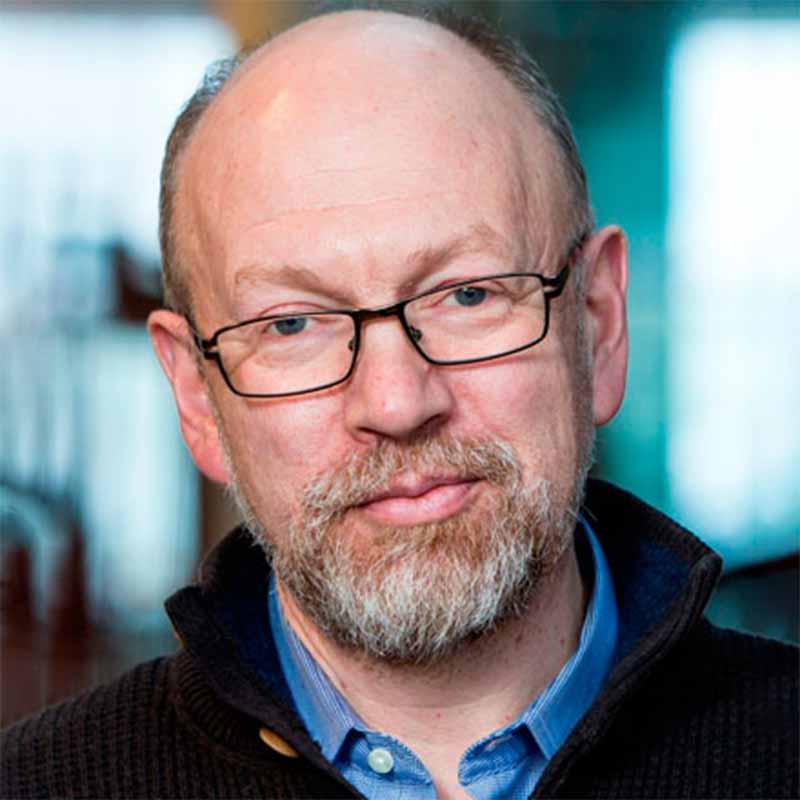
Hróbjartur Ánason
Voksenlærerens rolle som leder af digitale habitater / The adult educator´s role as a leader in digital habitats
Presentation EN

Taru Kekkonen
Voksenlærerens interpersonelle online kompetencer / Adult educator interpersonal competencies online
Presentation EN
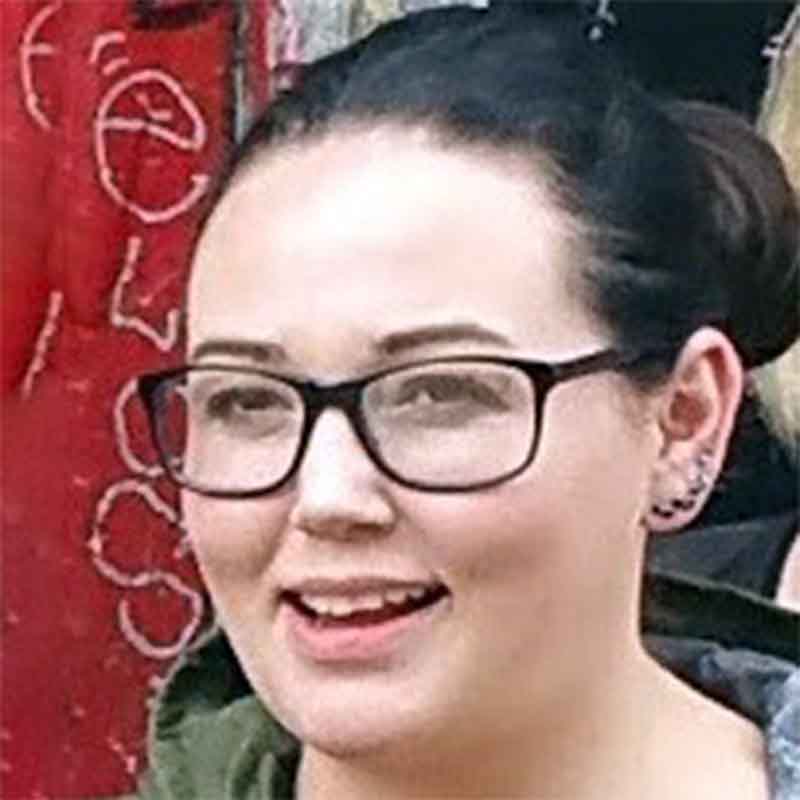
Kaaka Lund
Hvordan kan der udvikles undervisningsmaterialer til deltageres digitale enheder? Værktøjer og kompetencer / How to deliver learning materials to participant´s devices. Tools and competencies.
Presentation EN
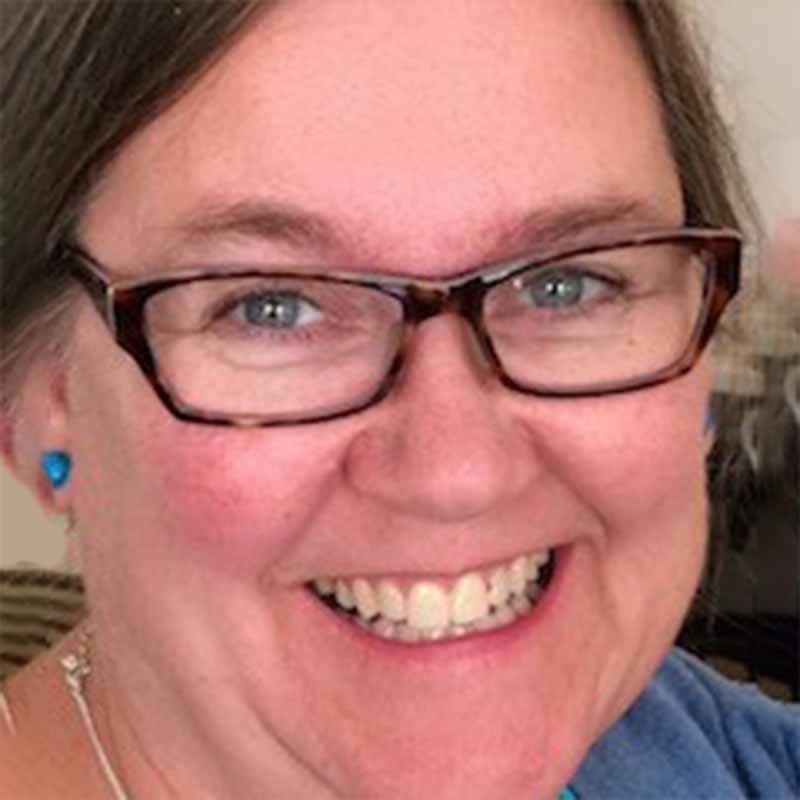
Ulrika Knutsson
Hvilke færdigheder kræves af voksenlæreren i forhold til: at give feedback på online færdigheder (sådan støtte voksne, der er ved at lære online færdigheder, for eksempel ved hjælp af badges og andre elementer fra gamification) / How to support adults who are learning online by giving them helpful feedback, for example by using badges and other elements of gamification? What skills do adult educators need for giving feedback online?
Presentation EN
Workshop 3
Læring i arbejdslivet – læring på arbejdspladsen
Læring sker på arbejdspladser hver dag. Der er stadig talrige udfordringer i forhold til at optimere læring på arbejdspladser, dokumentere, certificere etc. Før vi kan tage fat i udfordringerne, er det nødvendigt at skabe forståelse for, at læring på arbejdspladsen er en investering for både virksomheden, den individuelle arbejder og samfundet. Alle nvolverede parter vil stille sprøgsmålet ”Hvad får jeg ud af det?” Det er derfor i hvert fald mindst to udfordringer. For det første: hvordan kan man markedsføre arbejdspladslæring (får alle det de behøver?). For det andet: Hvordan kan vi kvalitetssikre arbejdspladslæring? Dernæst, hvad er voksenlærerens rolle i forhold til at faciliterearbejdspladslæring og kvalitetssikre læreprocessen?
På workshoppen præsenteres casestudier og metoder som kan give anledning til videre diskussioner.
Oplæg
“Hvad får jeg ud af det”, introduktion til workshop
/v Facilitator Sveinn Adalsteinsson, leder af ”Arbejdslivets oplæringscenter”, Island
”Læring på arbejdspladsen – udfordringer, opmærksomhedspunkter og værktøjer.”
Der tages udgangspunkt i Kompetencesekretariatets arbejde med rådgivning af statslige arbejdspladser om styrkelse af læringsmiljøet på arbejdspladsen. ”
v/ Sølvi Rask, Specialkonsulent, Kompetencesekretariatet. De statslige overenskomstparters fælles sekretariat for kompetenceudvikling.
”Forudsætninger for at læring for nyankomne i arbejdslivet kan føre til inklusion”.
På et strukturelt niveau fx lige rettigheder og forudsætninger. På et kulturelt niveau fx sociale relationer, plads til egen kultur, vilje til at tilpasse sig. v/ Mohamed Abou Hafs, Integerationsenheten, Kompetenscentrum, Region Gotland.
“Hvordan selvstyret læring på arbejdspladsen øger mulighederne for at udvikle tværgående færdigheder og fremme en væksttankegang på arbejdspladsen. Erfaringer og resultater fra Nordplus Voksen projektet “Step forward into growth”.
v/ Galina Kushanova, projektkoordinator Vestifax, Estland.
Deltagerne vil diskutere nogle af de temaer, der er indført i præsentationer samt reflektere over deres forståelse af voksne pædagoger kompetencer og kompetenceudvikling.
Learning in work life – learning at work place
Learning in workplaces occurs everywhere every day. The challenges to quantify learning in workplaces, document, certify, QC etc remain numerous. Before we can start there we need to market or sell the concept of workplace learning as an investment. Sell it to the company, to the individual worker and to the society. Every “buying” partner will ask the same question, What´s in it for me? The challenges are therefore at least two, how to market workplace learning (is every buying partner getting what they need?) and secondly, how do we control the quality of workplace learning? Additionally, what is the role of adult educator in facilitating workplace learning and quality assurance of the learning process?
Some case studies and methods will be presented which are meant to give rise to further discussions in the work shop.
The workshop will be initiated by the following presentations:
“Whats in it for me?” Facilitation and introduction to the theme. – Sveinn Adalsteinsson, head of ” Arbejdslivets oplæringscenter”, Iceland
”Learning at the work place – challenges, points for attention and tools”.
Point of departure is taken in the Agency for Competence Development’s advisory work in the state sector on strengthening the learning environment at the work place. – Sølvi Rask, Special consultant, The Agency for Competence Development in the State Sector
”The necessary preconditions for which work life learning for newly arrived can lead to inclusion”.
On a structural level, e.g. equal rights and preconditions. On a cultural level, e.g. social relations, room for own culture, will to adapt. – Mohamed Abou Hafs, integration consultant, Municipality of Gotland
“How to support self- directed learning in the workplace, increase opportunities for developing transversal skills and promote growth mindset culture in the organization. Experiences and results from a Nordplus Adult project “Step forward into growth”.
– Galina Kushanova, projects coordinator, Vestifex Adult Learning Centre, Estonia.
Participants will discuss some of the themes introduced in presentations as well as reflect on their understanding of adult educators’ competences and competence development.
To start off our discussions we will have the following short introductions by members of the NVL – DISTANS network:
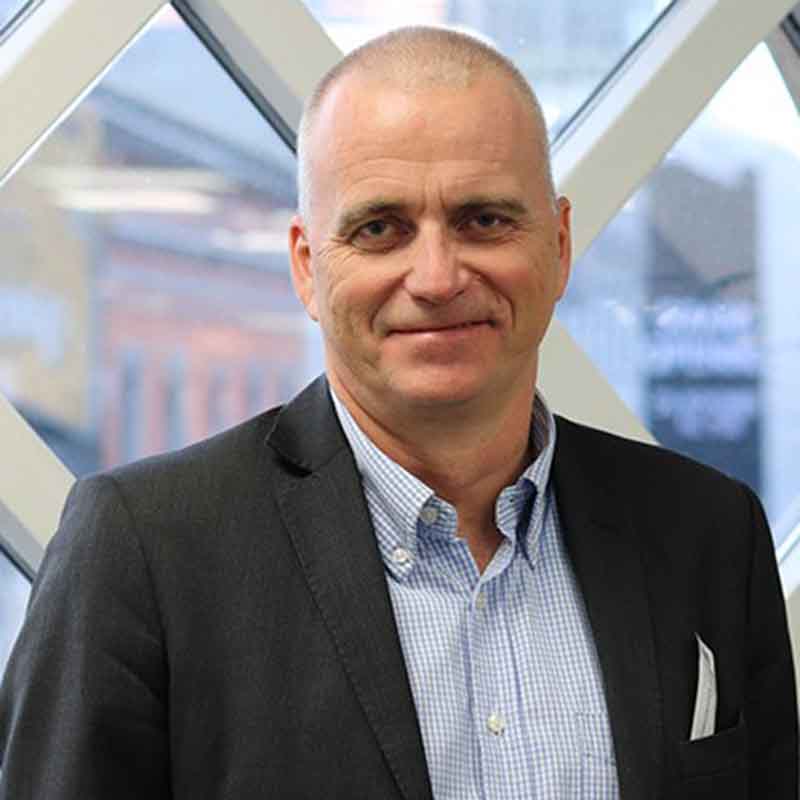
Sveinn Adalsteinsson
Leder af ”Arbejdslivets oplæringscenter”, Island / head of ” Arbejdslivets oplæringscenter”, Iceland
Presentation EN
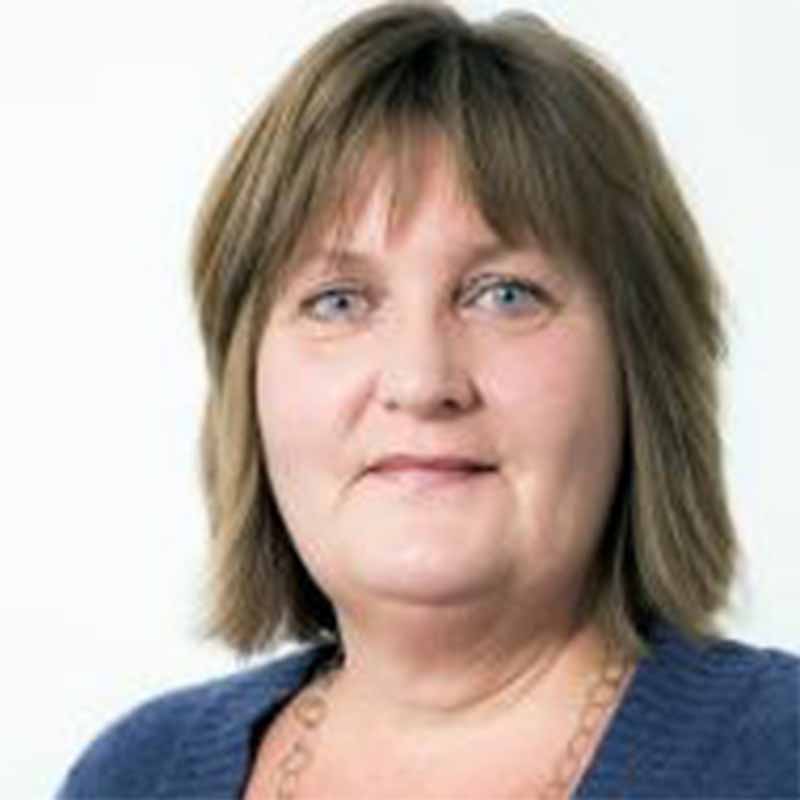
Sølvi Rask
Specialkonsulent, Kompetencesekretariatet. De statslige overenskomstparters fælles sekretariat for kompetenceudvikling / Special consultant, The Agency for Competence Development in the State Sector.
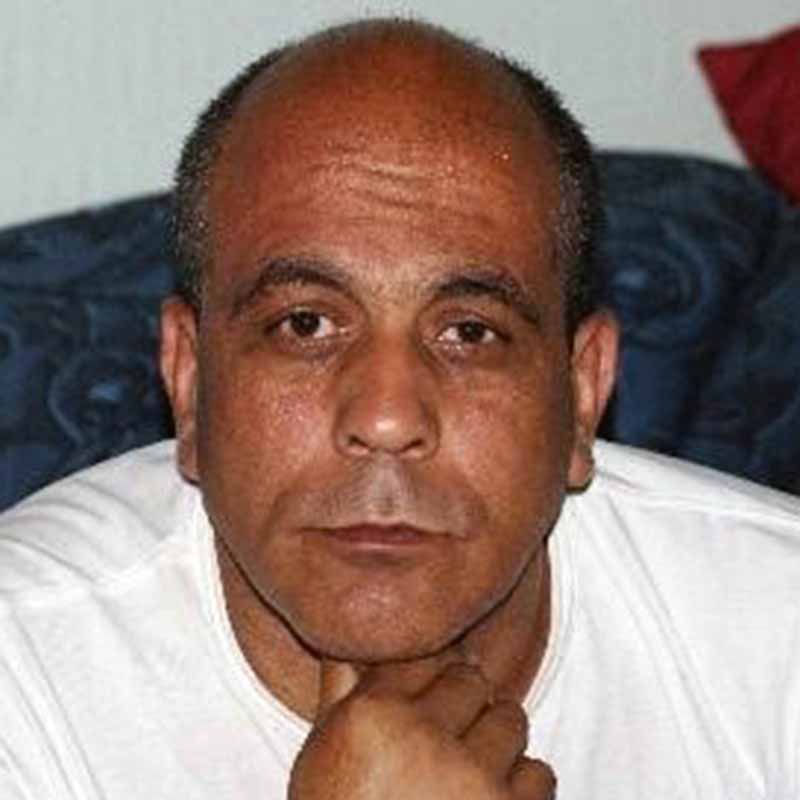
Mohamed Abouhafs
Projektledare, integerationsenheten, Kompetenscentrum, Region Gotland / integration consultant, Municipality of Gotland

Galina Kushanova
Projektkoordinator Vestifax, Estland / projects coordinator, Vestifex Adult Learning Centre, Estonia.
Presentation EN
Workshop 4
Folkeoplysning – civilsamfund og NGO’er
Vigtige dimensioner af den nordiske folkeoplysningstradition er følgende: uddannelse som drivkraft for social forandring; oplysning af borgeren og borgerens uddannelse i civilsamfundet; læring som grundlag for individuel vækst og udvikling; udvikling af fællesskabsfølelse.
Folkeoplysning udvikler det enkelte individ og gør individet i stand til at håndtere kompleksitet, mangfoldighed og forandringer. Folkeoplysning øger individets følelse af social ansvarlighed og udvikler en række intellektuelle og praktiske færdigheder hos den enkelte, såsom kommunikative og analytiske færdigheder, færdigheder i problemløsning og evnen til at anvende viden og færdigheder i virkelige verden. Men folkeoplysningens grundlæggende tilgang og dens vigtigste principper blev udviklet i løbet af industrialiseringen. I dag er konteksten en anden og svarene på udfordringerne skal findes i det postindustrielle, multikulturelle informationssamfund.
I workshoppen vil vi drøfte en række spørgsmål knyttet til kompetenceudvikling af voksenlærere indenfor folkeoplysning, herunder:
- Hvilke typer af kompetencer er der i stigende grad behov for som lærer inden for folkeoplysning?
- Hvilke roller har voksenlæreren i at skabe en innovativ, ikke-formel voksenuddannelse – en kultur, der understøtter innovation og værdier såsom: dynamik, fremtidsorientering, erhvervelse af nye ressourcer, tolerance, åbenhed, fleksibilitet, kundeorientering, risikovillighed og fællesskabsånd?
- Hvordan kan voksenlærerens kompetenceudvikling understøttes?
- Har vi brug for mere forskning i de sociale samt individuelle fordele ved folkeoplysning, især i forhold til den ikke-økonomiske side af uddannelsen?
- Er det nødvendigt for voksenlærere til at inddrage spørgsmål om etik og andre spørgsmål af princippet karakter i deres arbejde? Besidder voksenlæreren de rette kompetencer?
- Vil et internationalt samarbejde mellem voksenlærere i lande med overgangsøkonomier og nordiske lande give mulighed for en fagligeudvikling af voksenlærere?
Som afsæt for vores drøftelser har vi følgende korte introduktioner:
Johanni Larjanko: Koordinator, Bildningsalliansen, deltager som repræsentant for Nordplus Voksen projektet Open Badges in Folkbildning. Han vil give en præsentation om. “We’ve got you badged. Hvordan kan Open Badges hjælpe voksenlærere i deres arbejde? Præsentation af et økosystem af badges med henblik på validering af kernekompetencer og færdigheder.”
Tine Sahlgren: souschef i studieforbundet FOF, Danmark. Hun vil give en præsentation om: “Hvilke kompetencer er nødvendige kompetencer for at være en deltidsunderviser i et studieforbund? Hvordan kan professionelle netværk for deltidsundervisere støtte og forbedre pædagoger kompetencer og praksis.”
Anita Jakobsone: International ekspert i voksenuddannelse og livslang læring, medlem af den lettiske forening for voksenuddannelse. Hun vil give en præsentation om: “Hvordan man kan indføre voksenlæreren som et nyt erhverv i uddannelsessystemet i lande med overgangsøkonomier? Udvikling og gennemførelse af en kompetencebaseret uddannelse for undervisere af voksenlærere: integration af internationale erfaringer i en national kontekst. Udfordringer i kompetenceudvikling af voksenundervisere i Ukraine, Moldova, Hviderusland.”
Deltagerne vil diskutere nogle af de temaer, der er indført i præsentationer samt reflektere over deres forståelse af voksne pædagoger kompetencer og kompetenceudvikling.
Liberal adult education – civil society and NGOs
The core dimensions of Nordic liberal (popular, non-vocational and non-formal) adult education tradition are the following: education as a driver for social change; people’s enlightenment – citizens’ education in civil societies; learning for individual growth and development; developing sense of community.
Liberal education empowers individuals and prepares them to deal with complexity, diversity, and change. Liberal education helps adults increase their sense of social responsibility, as well as providing them with strong and transferable intellectual and practical skills such as communication, analytical and problem-solving skills, and a demonstrated ability to apply knowledge and skills in real-world settings, thus ensuring adaptability. However the main principles and approaches of liberal adult education were developed during the industrialisation era. Nowadays we should find our response to challenges of globalised and multicultural society in the post-industrialisation and information society context.
In the workshop we will address several of the issues of adult educators’ competence development in the liberal education, a.o.:
- What kinds of competences are increasingly needed as a teacher within the liberal adult education?
- What should be the roles of adult educators in creating an innovative non-formal adult education organisation – the culture that supports innovation in adult education institutions and values such as: dynamism, future orientation, acquisition of new resources, tolerance, openness, flexibility, customer orientation, a risk-taking attitude, and community spirit?
- How can the improvement of adult educators’ competences be supported?
- Do we need more research on the social as well as individual benefits of liberal adult education, especially on the non-economic outcomes?
- Is it necessary for adult educators to engage in discussions on ethics and other questions of principle nature? Do the adult educators have appropriate competences for this?
- Would an international cooperation between adult educators in transition countries and Nordic countries be an opportunity for the professional development of adult educators?
To start off our discussions we will have the following short introductions:
Johanni Larjanko: Coordinator, Bildningsalliansen, will participate as a representative for the Nordplus project Open Badges in Folkbildning. He will give a presentation on: “We’ve got you badged. How a system of Open Badges can help teachers in Adult Education become better at what they do. Presentation of an ecosystem of badges aiming at validating core teacher competences and skills.”
Tine Sahlgren: deputy at the study association FOF, Denmark. She will give a presentation on: “Which competences are necessary to be a part time employed adult educator in a study association? How can professional networks for part time adult educators support and improve the educators’ competences and practices?
Anita Jakobsone: International expert in adult education and lifelong learning, member of the Latvian Adult Education Association. She will give a presentation on: ”How to introduce adult educator as a new profession in the education system of transition countries? Elaboration and implementation of competence based training programmes for trainers of trainers in adult educaton: integration of international experience within national contexts. Challenges in adult educators competence development in Ukraine, Moldova, Belarus.”
Participants will discuss some of the themes introduced in presentations as well as reflect on their understanding of adult educators’ competences and competence development.

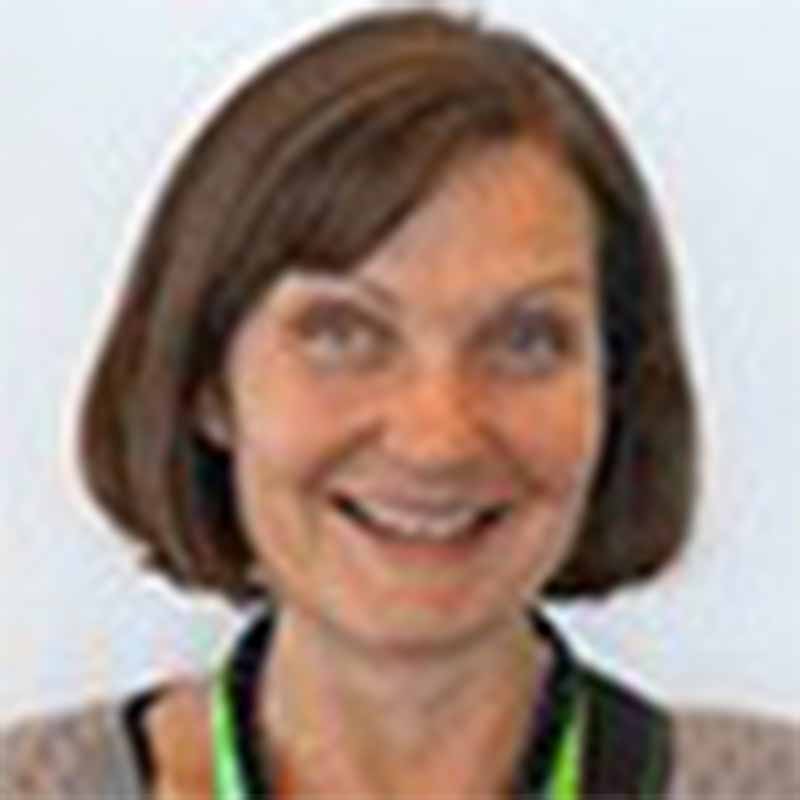
Tine Sahlgren
Souschef i studieforbundet FOF, Danmark / deputy at the study association FOF, Denmark

Anita Jakobsone
Dr Phil has been working in adult education since 1993 in Latvia and internationally. She has experience in adult education and lifelong learning as a trainer, public administrator and manager in NGOs and international projects. Anita has been active in shaping adult education policy in Latvia. Over past 8 years she has worked as manager of European Union and the German government funded projects in Tajikistan, Serbia, Ukraine, Moldova, Belarus.
Workshop 5
Voksenlæreren i samskabende og faciliterede læringsprocesser
Der er både i arbejdslivet og uddannelser et øget fokus på samskabende (co-creative, collaborative) læreprocesser som en måde at fremme udvikling og problemløsning i daglig arbejdspraksis og samfund. Intentionen er, at man ved at diskutere egne erfaringer og udfordringer i netværk, teams og grupper i fællesskab, kan udvikle ideer til nye løsninger på konkrete og komplekse udfordringer. For at dette skal lykkes, må voksenlæreren træde ud af en mere traditionel lærerrolle og i stedet have fokus på at facilitere gruppens læreprocesser.
Denne workshop rejser spørgsmålet: Hvad kræver det af ”voksenlæreren” at facilitere voksnes læring i samskabende processer? Hvilke særlige kompetencer kræver det? Hvilke særlige didaktiske overvejelser må voksenlæreren gøre sig?
Hvordan kan samskabende og faciliterede læreprocesser medvirke til at udvikle løsninger på de komplekse udfordringer i voksenlærerens daglige praksis?
Det kræver mod at udfordre sig selv og hinanden på daglige rutiner, handlemåder og strukturer. Hvordan kan voksenlæreren som facilitator fremme et trygt, innovativt og mest af alt deltagerinvolverende miljø? Hvordan kan det gøres på tværs af kulturelle, strukturelle, sproglige og geografiske grænser?
Workshoppen tager afsæt i oplæg om
- To nordiske projekter, transformative læringscirkler og To-do-seminarer, som Nordisk Netværk for Voksnes Læring, NVL har gennemført. Der gives konkrete eksempler på de muligheder og effekter arbejdet i Nordiske transformative læringscirkler har haft for voksenlæreres daglige praksis.
- Voksenlæreren i rollen som facilitator og coach
Afslutningsvist gives mulighed for, at deltagerne kan tænke workshoppen som en ”critical incident”/”afgørende begivenhed” for udvikling af egen praksis. ”Den afgørende begivenhed” er et helt centralt begreb i arbejdet med de transformative læringscirkler – og forhåbentlig et inspirerende begreb at tage med sig hjem!
- Dorthea Funder Kaas (workshop facilitator): lektor, Professionshøjskolen UCC Bornholm – Facilitator i Transformative læringscirkler
- Latifa Guennoun: Integrationsassistent, Region Gotland, deltager i Transformative læringscirkler
- Madelene Johansson: projektledare Nyanländas lärande Region Gotland, deltager i Transformative læringscirkler
- Larissa Jögi: lektor, leder af voksenpædagoguddannelsen på Tallinn Universitet
Deltagerne vil diskutere nogle af de temaer, der er indført i præsentationer samt reflektere over deres forståelse af voksne pædagoger kompetencer og kompetenceudvikling.
The adult educator in co-created and facilitated learning processes
Both in the context of work life and in education an increased focus exists on co-creative and collaborative learning processes as a way to promote development and problem solving in daily work practices and communities. The intention is to develop ideas for new solutions to concrete and complex challenges by discussing own experiences and challenges in networks, teams and groups. For this to succeed the adult educator must step out of more traditional teacher role and instead focus on facilitating the group’s learning processes.
This workshop raises the question: What is required of the adult educator in order to facilitate the learning of adults in co-creative processes? What specific competences are needed? What specific didactical considerations should the adult educator make? How can co-creative and facilitated learning processes help to develop solutions to the complex challenges of the adult educator’s daily practice?
It takes courage to challenge one self and each other on daily routines, way of behaving and structures. How can the adult educator as a facilitator promote a safe, innovative and most importantly participatory environment? How can it be done across cultural, structural, linguistic and geographical boundaries?
The workshop takes point of departure in presentations on
- Two Nordic projects, Transformative Learning Circles and To-do seminars carried out by NVL, Nordic Network for Adult Learning. Specific examples of the possibilities and effects of the work in Nordic transformative learning circles in the daily practice of adult learners are given.
- The adult educator in the role as facilitator and coach
Afslutningsvist gives mulighed for, at deltagerne kan tænke workshoppen som en ”critical incident”/”afgørende begivenhed” for udvikling af egen praksis. ”Den afgørende begivenhed” er et helt centralt begreb i arbejdet med de transformative læringscirkler – og forhåbentlig et inspirerende begreb at tage med sig hjem!
Finally, participants can think the workshop as a “critical incident”/”decisive event” for the development of their own practice. “Critical incident“ is a key concept in the work of the transformative learning circles -and hopefully an inspiring concept to bring home!
- Dorthea Funder Kaas (facilitator of workshop): associate professor, University College UCC, facilitator in Transformative Learning Circles
- Latifa Guennoun: integration assistant, Region Gotland, participant in transformative learning circles
- Madelene Johansson: project coordinator in Learning of newly arrived, Region Gotland, participant in Transformative Learning Circles
- Larissa Jögi: associate professor, Head of andragogy studies at Tallinn University
Participants will discuss some of the themes introduced in presentations as well as reflect on their understanding of adult educators’ competences and competence development.

Dorthea Funder Kaas
Lektor, Professionshøjskolen UCC Bornholm – Facilitator i projekt Transformative læringscirkler / (facilitator of workshop): associate professor, University College UCC, facilitator in Transformative Learning Circles
Presentation EN

Latifa Guennoun
Integrationsassistent Region Gotland, deltager i Transformative læringscirkler / integration assistant, Region Gotland, participant in transformative learning circles
Presentation SV
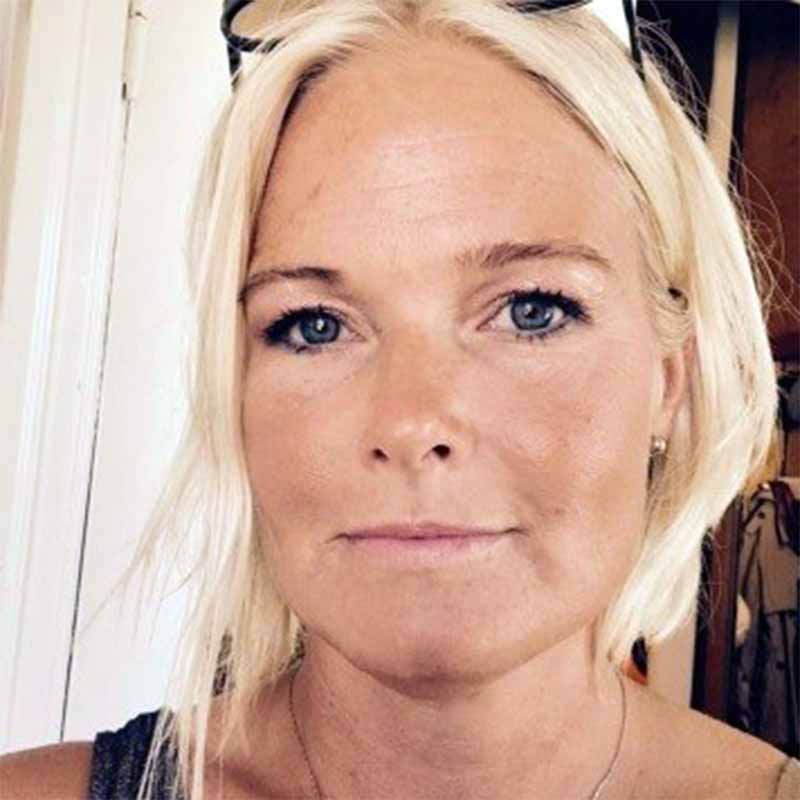
Madelene Johansson
Projektledare Nyanländas lärande Region Gotland, deltager I Transformative læringscirkler / project coordinator in Learning of newly arrived, Region Gotland, participant in Transformative Learning Circles


